Behavior & Environment
Giving kids choices is one of the most versatile tools in a child care provider’s toolbox. Choices give kids a sense of agency, control, and the belief that they can influence their own world. They also help kids develop problem-solving skills, whether it’s a toddler choosing an outfit or a teenager making decisions about friendships. […]
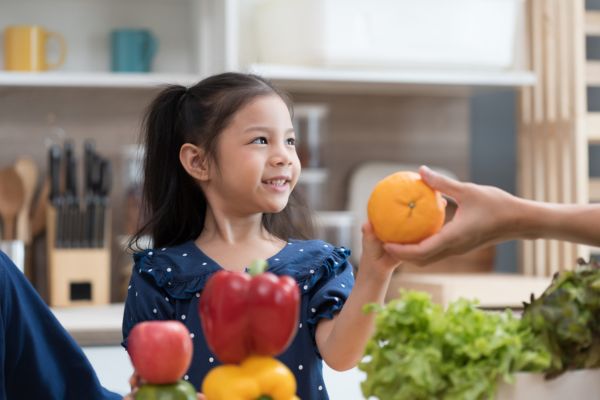
Although it’s hard to see in the moment, when a child disagrees with you, it’s actually a positive sign of their healthy development. For instance: The key is to teach kids to share their thoughts and feelings respectfully rather than scream, demand, insult, or shut down. Here are three things you can control in responding […]
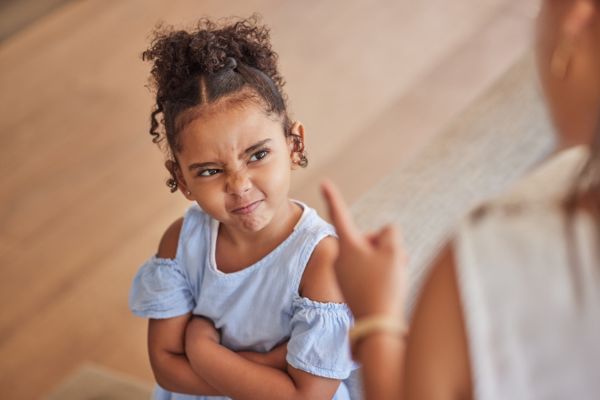
Modeling and encouraging a growth mindset with kids is one of the best ways to help them overcome perfectionism, learned helplessness, performance fear, and many other stumbling blocks that hold them back from trying new things and enjoying the process, regardless of the outcome. What does an environment that promotes a growth mindset look like? […]
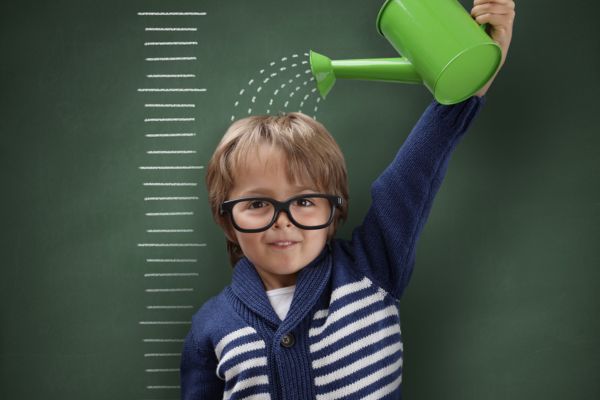
The bond between a child and pet is very special. Pets make our lives fuller and happier. They also create a plethora of teachable moments for kids. 1. Pets teach responsibility Kids as young as toddlers can participate in helping to care for pets. From feeding and watering them to caring for their living spaces to […]
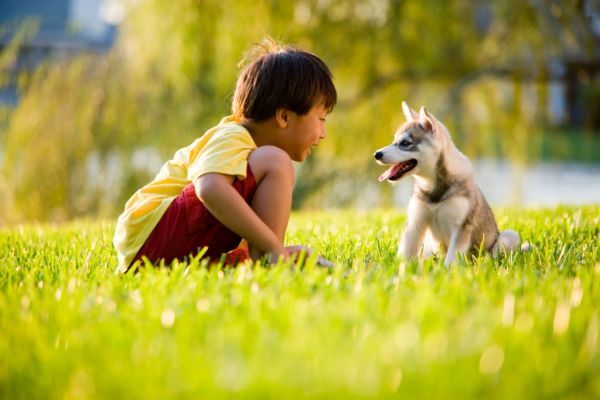
When the holidays are over and it’s time to get back into the normal swing of things, it can be hard to get kids out of holiday mode. Here are a few ideas to help. 1. Let Kids Share Their Excitement from the HolidaysKids don’t have an on/off button that you can flip to go from […]
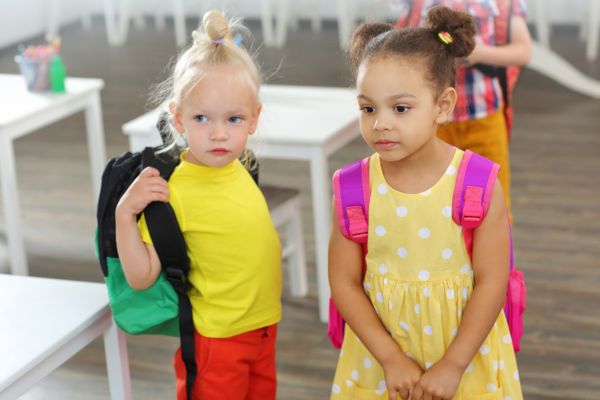
An important step for a child to self-regulate is to accept the feelings they have. This is where parents and caregivers can proactively help by normalizing the child’s feelings. Normalizing means letting someone know what they’re thinking, feeling, or experiencing isn’t unique to them. It’s a normal part of whatever they’re going through. This helps […]
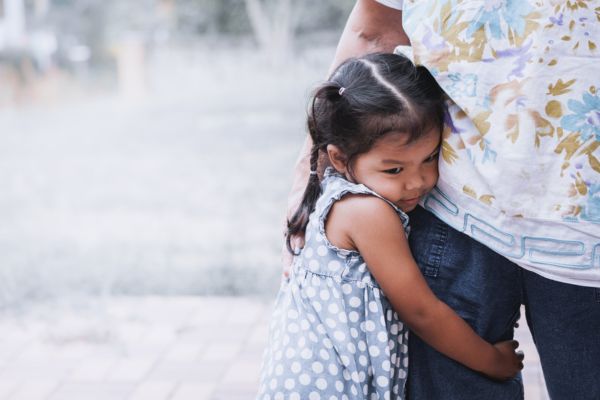
The practice of setting a New Year’s resolutions doesn’t have to just be for adults, kids can join in too! Instead of making a list of “I wish I could” goals, think about using one word to focus in on what you want more of in your life in 2024 like joy, fun, success, security, […]

As caregivers, we want to support our kids as they learn how to self-regulate. We work to provide an environment and relationship that gives them the ability to effectively manage their thoughts, feelings, and behaviors so they can appropriately respond rather than just react to big emotions and stressful situations. The first step in self-regulation […]

Consent is one of the essential elements of a respectful relationship. How do we explain and teach this important idea to kids? Just keep it simple. It can seem more complicated when we overlay our adult experiences on it, however, you’ll send a clear message when you just focus on the basics. 1. Teach kids […]

For children to effectively identify and express their feelings, they need a robust emotional vocabulary. Most kids are familiar with basic emotions like happy, mad, sad, and frustrated. From there, you can help them expand their vocabulary to include more complex emotions such as pride, loneliness, and shame. Understanding the meaning of these emotions is […]

Apologies can be a really hard concept for kids to grasp. Sure, teaching the words “I’m sorry” is pretty easy, but helping kids understand the ideas of regret and forgiveness is much more difficult. Thankfully, most things kids apologize for are small infractions and are the perfect training ground for the lessons around apology. Let’s […]

Gratitude doesn’t have to be just a feel-good thing you do on Thanksgiving or when celebrating a special occasion. Developing a regular gratitude practice can help your mental outlook become more positive and transform the way you move through your days. “Expressing gratitude can positively change your brain,” says Kristin Francis, MD, a psychiatrist at […]
